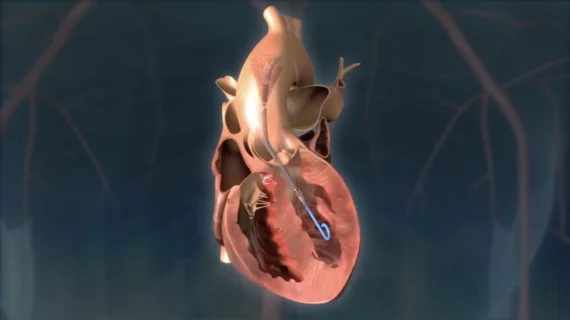Crisis averted: Recalled heart pumps found after being sent to customers by mistake
Abiomed had to issue a new recall for its Impella CP with SmartAssist heart pump after some devices were distributed to customers by mistake after they failed a quality inspection. The single lot of Impella heart pumps included a total of nine devices. Fortunately, they were all located and returned to Abiomed before reaching patients.
The U.S. Food and Drug Administration (FDA) shared information about the incident on its website, saying the devices could have caused “serious injury or death” if they had been used by patients.
“Using affected pumps may lead to unexpected pump stops or release of potentially harmful particulates,” the agency explained. “Serious adverse health consequences could result from use of the affected devices, including heart and blood vessel (cardiovascular) complications such as stroke, low blood pressure, damage to red blood cells (hemolysis), bleeding, fluid buildup in the pericardial sac (cardiac tamponade), heart attack (myocardial infarction), the need for additional surgical procedures or death.”
In March, Abiomed issued a recall of the instructions for use (IFU) of more than 66,000 Impella devices due to significant safety concerns. The issues were linked to 129 serious injuries and 49 reports of death. Specific product names listed in the advisory include the Impella 2.5, Impella CP, Impella CP with SmartAssist, Impella 5.0, Impella 5.5 with SmartAssist and Impella LD heart pumps. New and revised IFU were sent to all customers impacted by the recall.
“Abiomed has updated our IFU for our Impella system to further address the potential risk of a rare complication, left ventricular (LV) perforation,” Abiomed said at the time in a statement to Cardiovascular Business. “With patient safety top of mind, our IFU has been updated with stronger technical guidance around implantation and repositioning and emphasizes specific cardiac and peripheral vascular anatomic considerations when implanting Impella.

